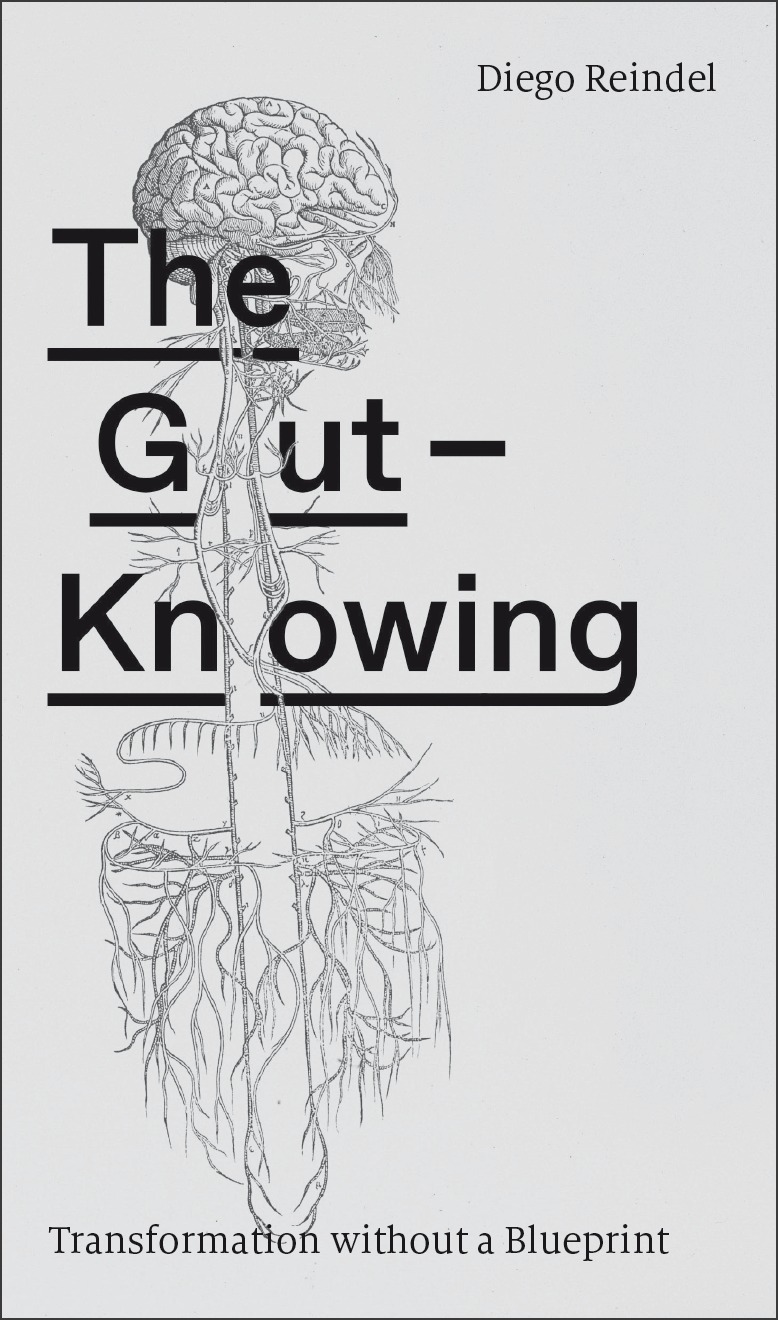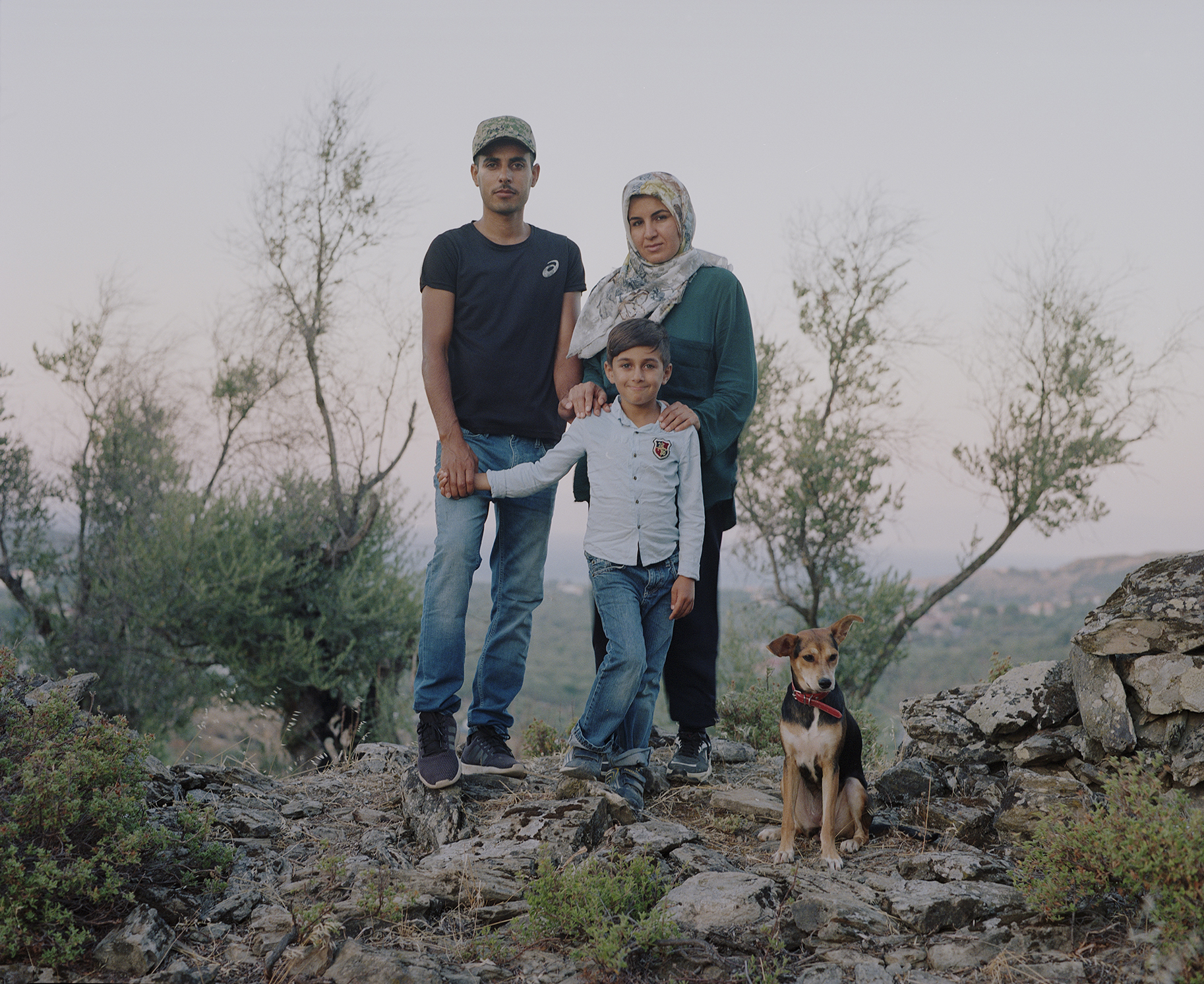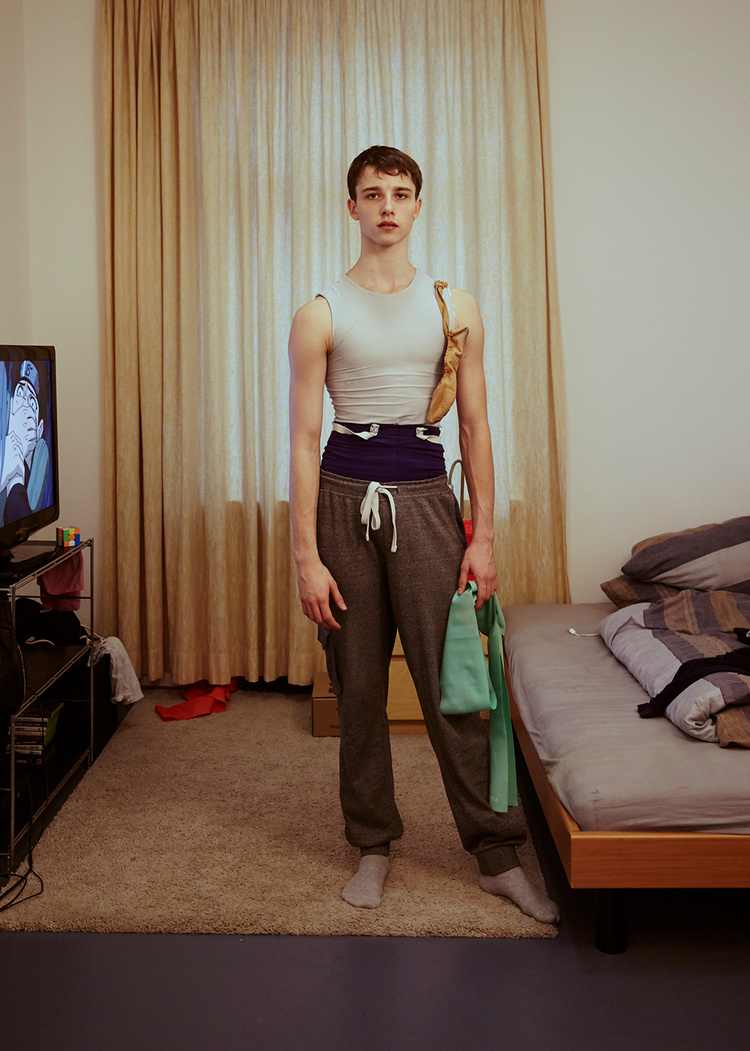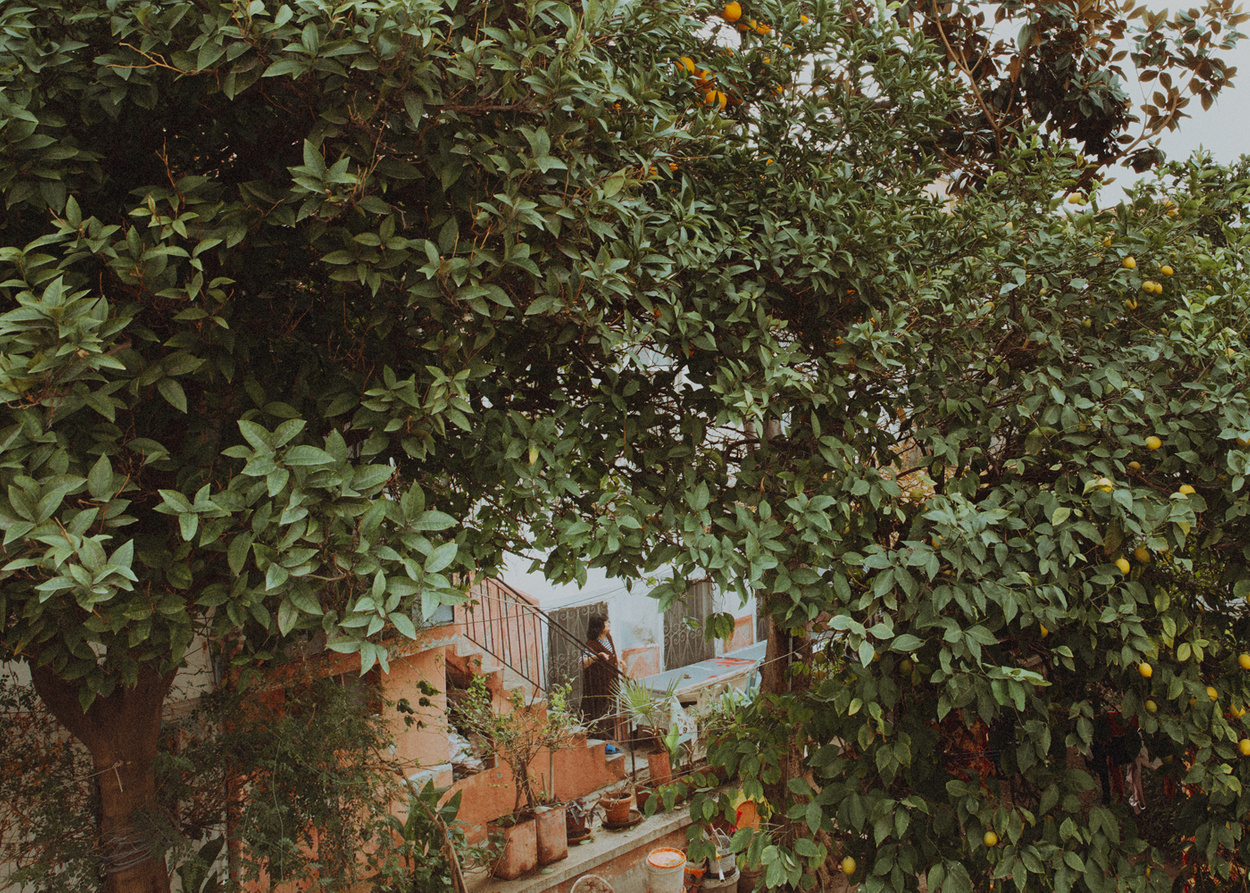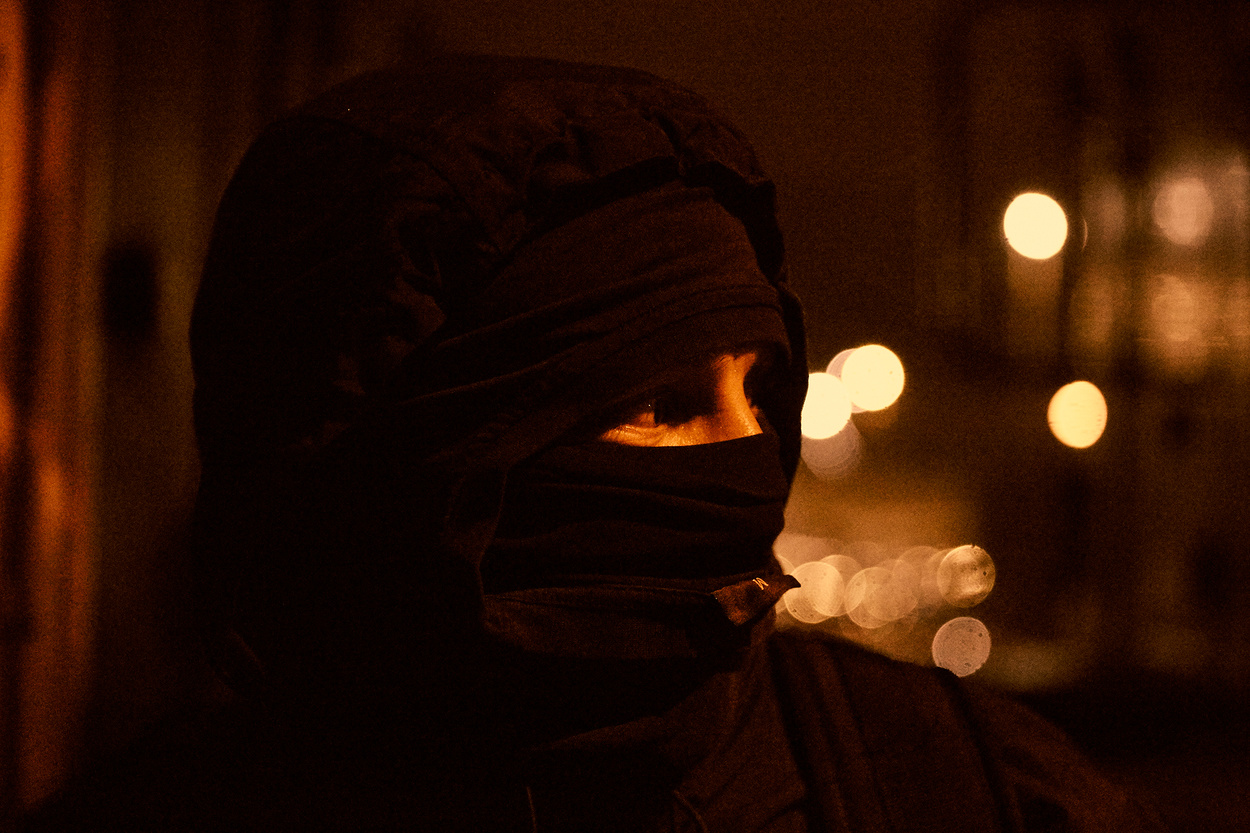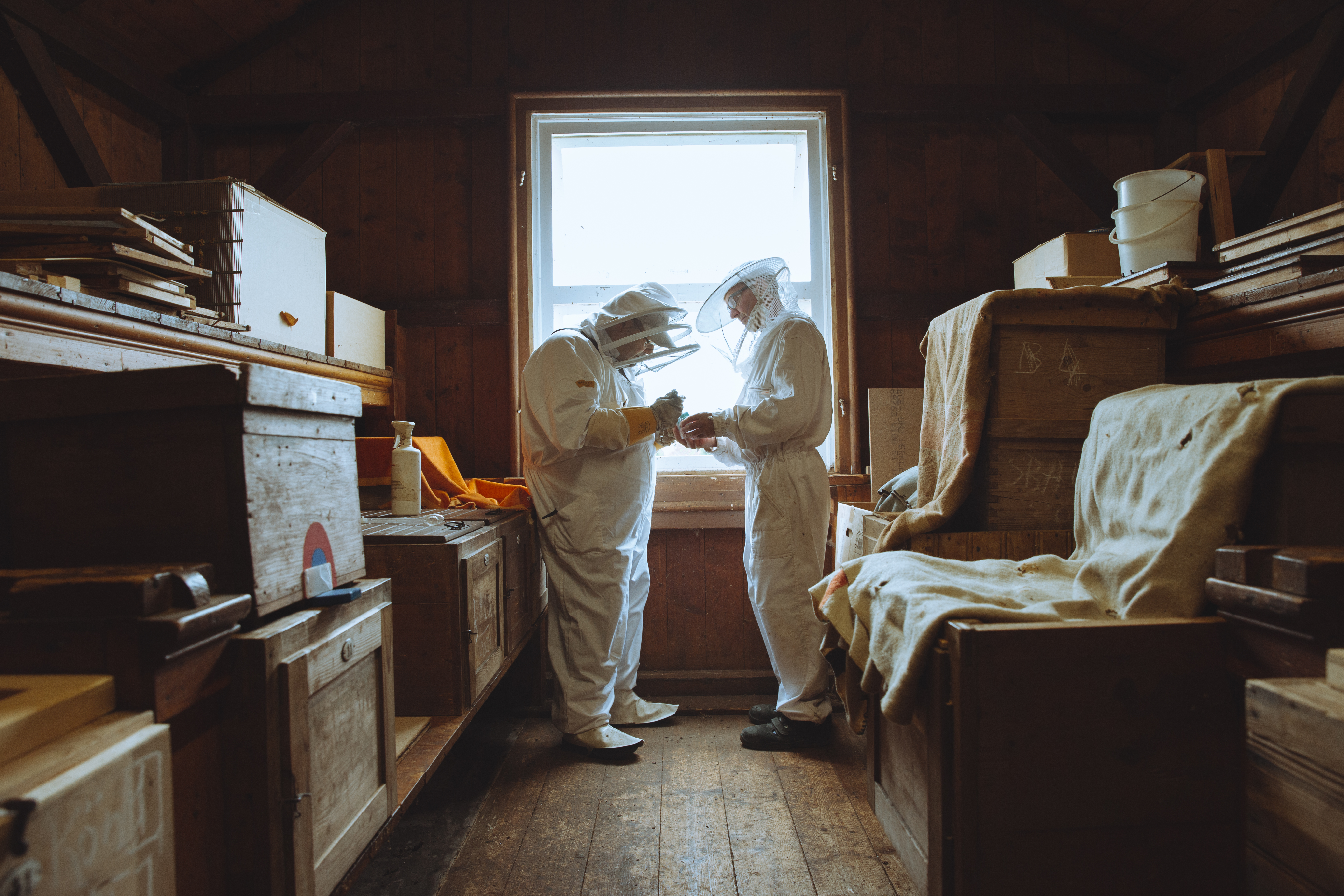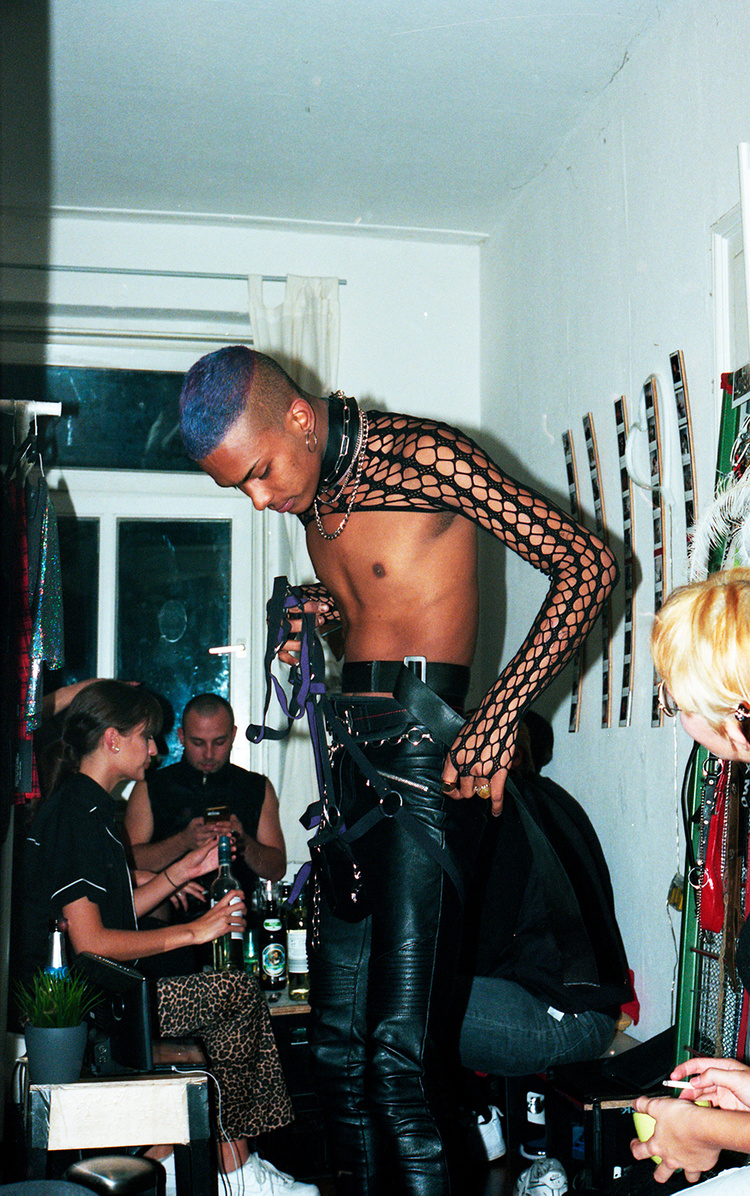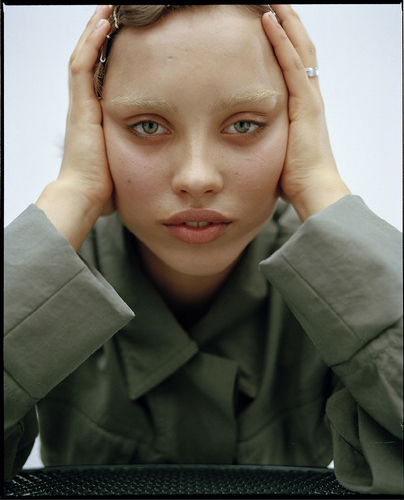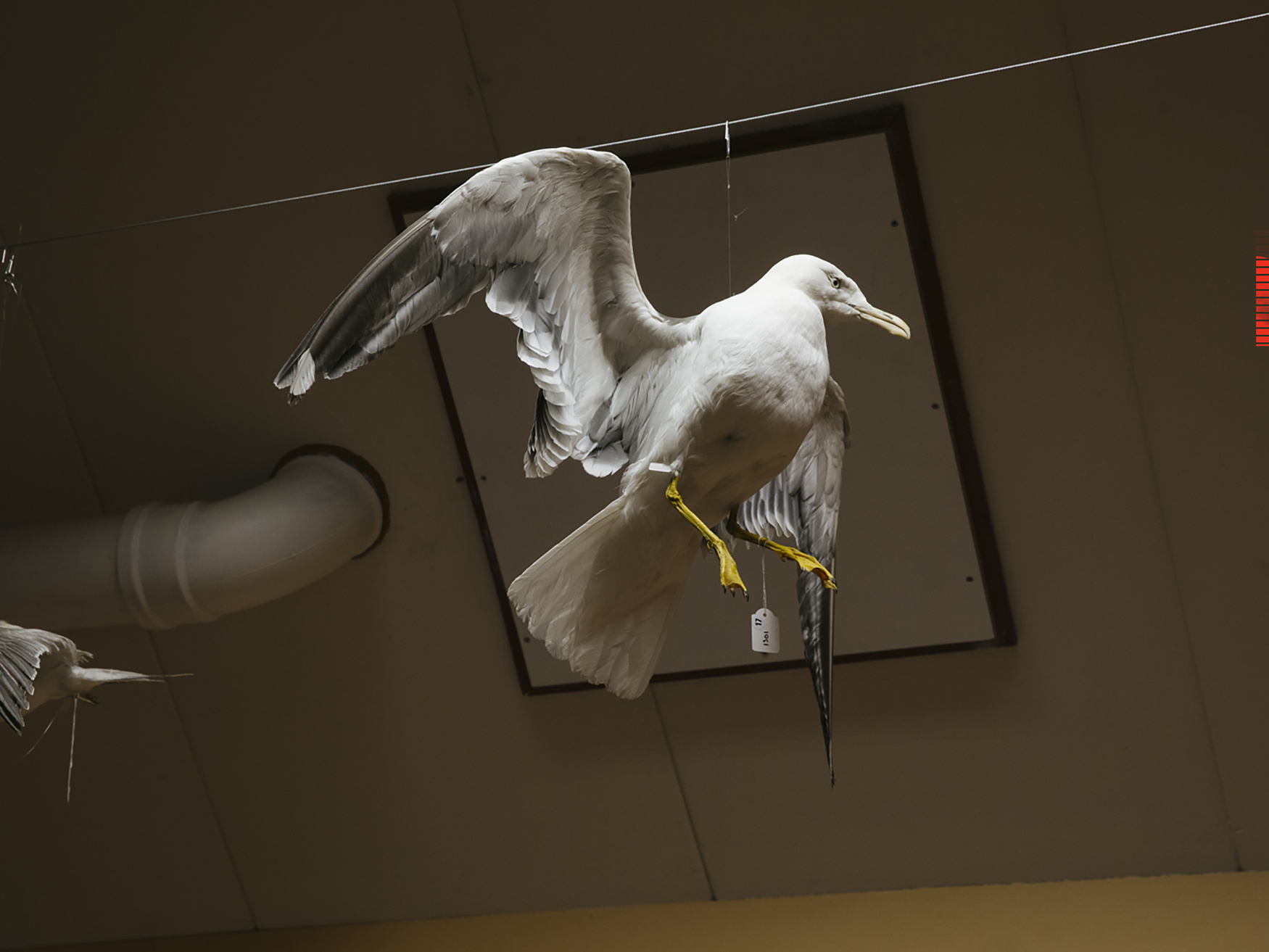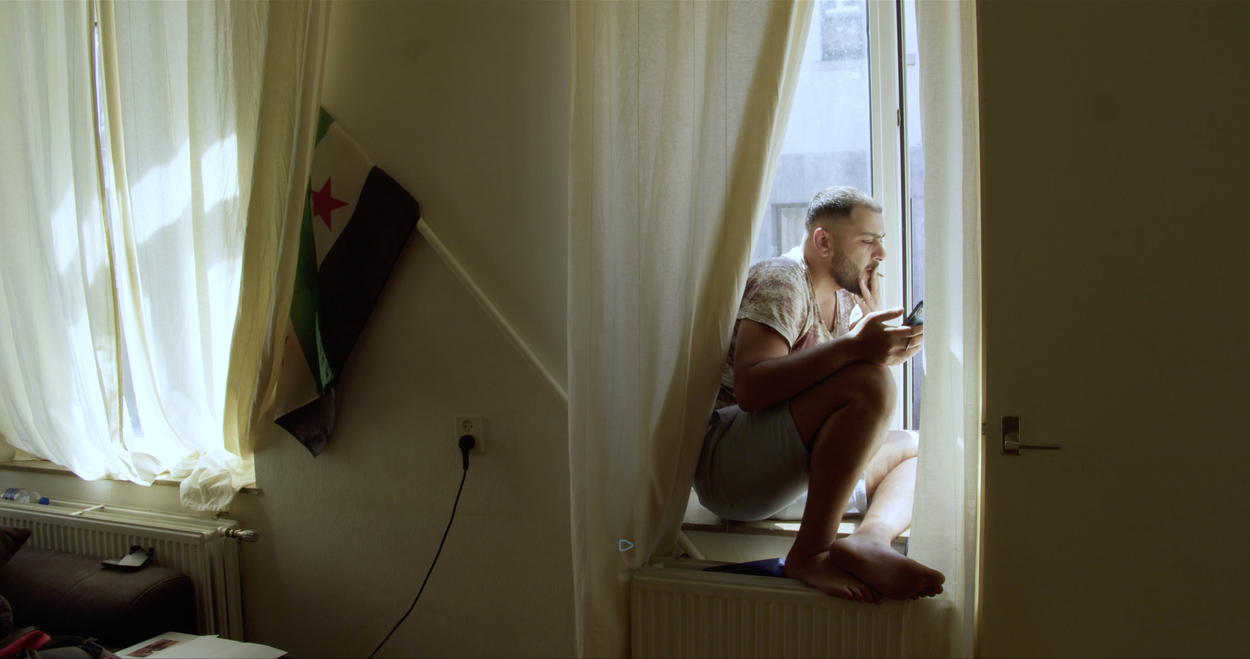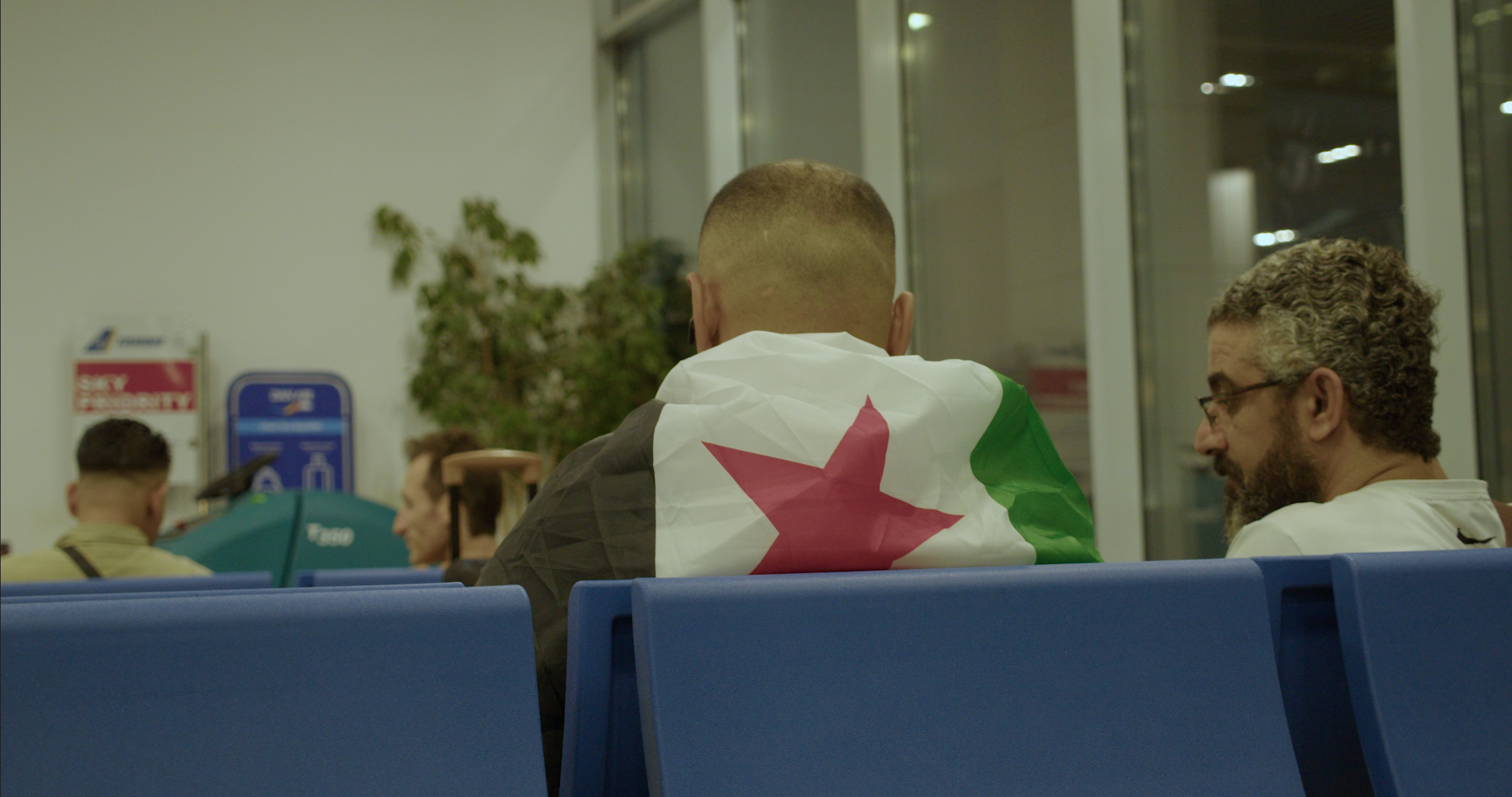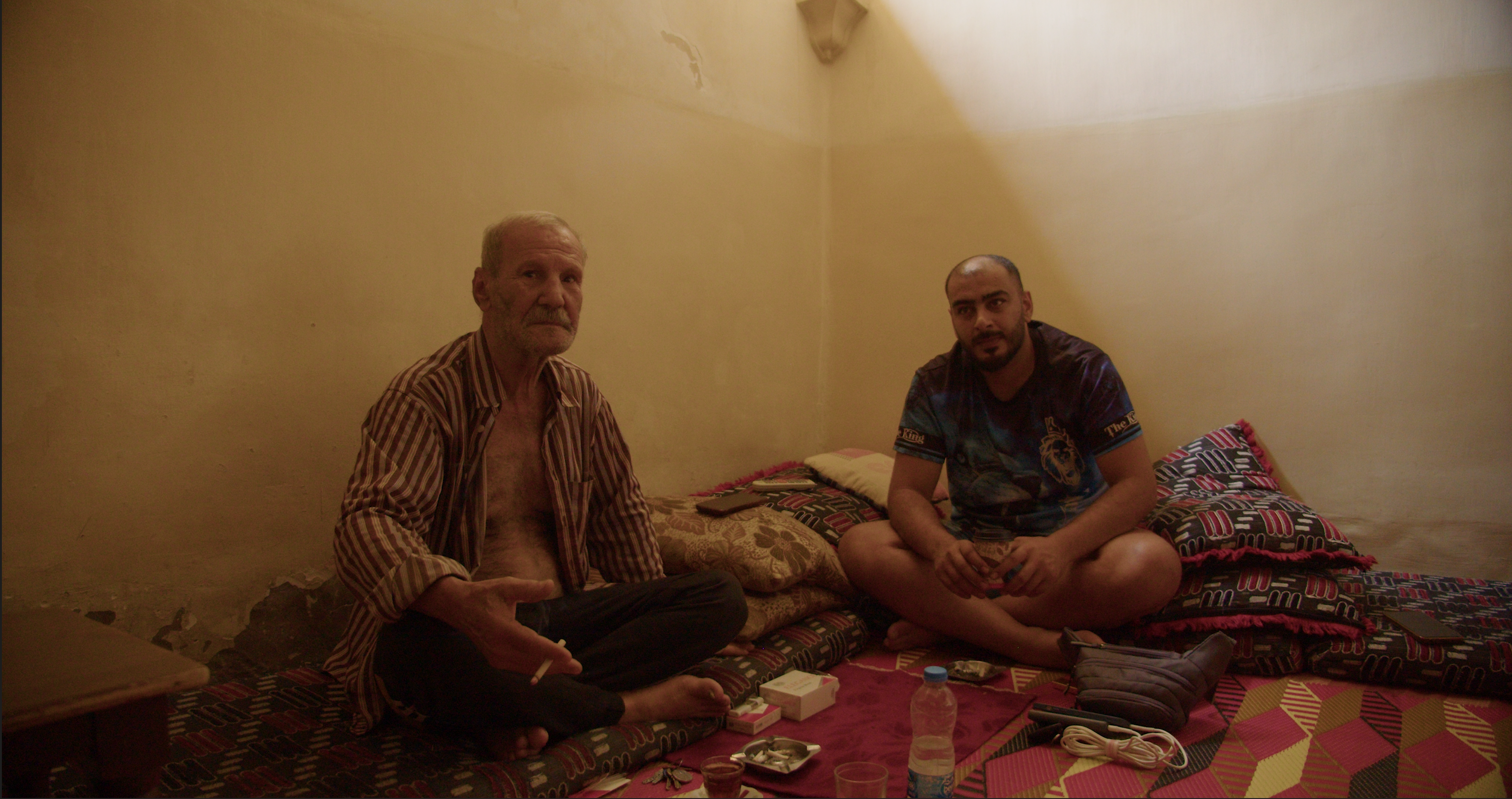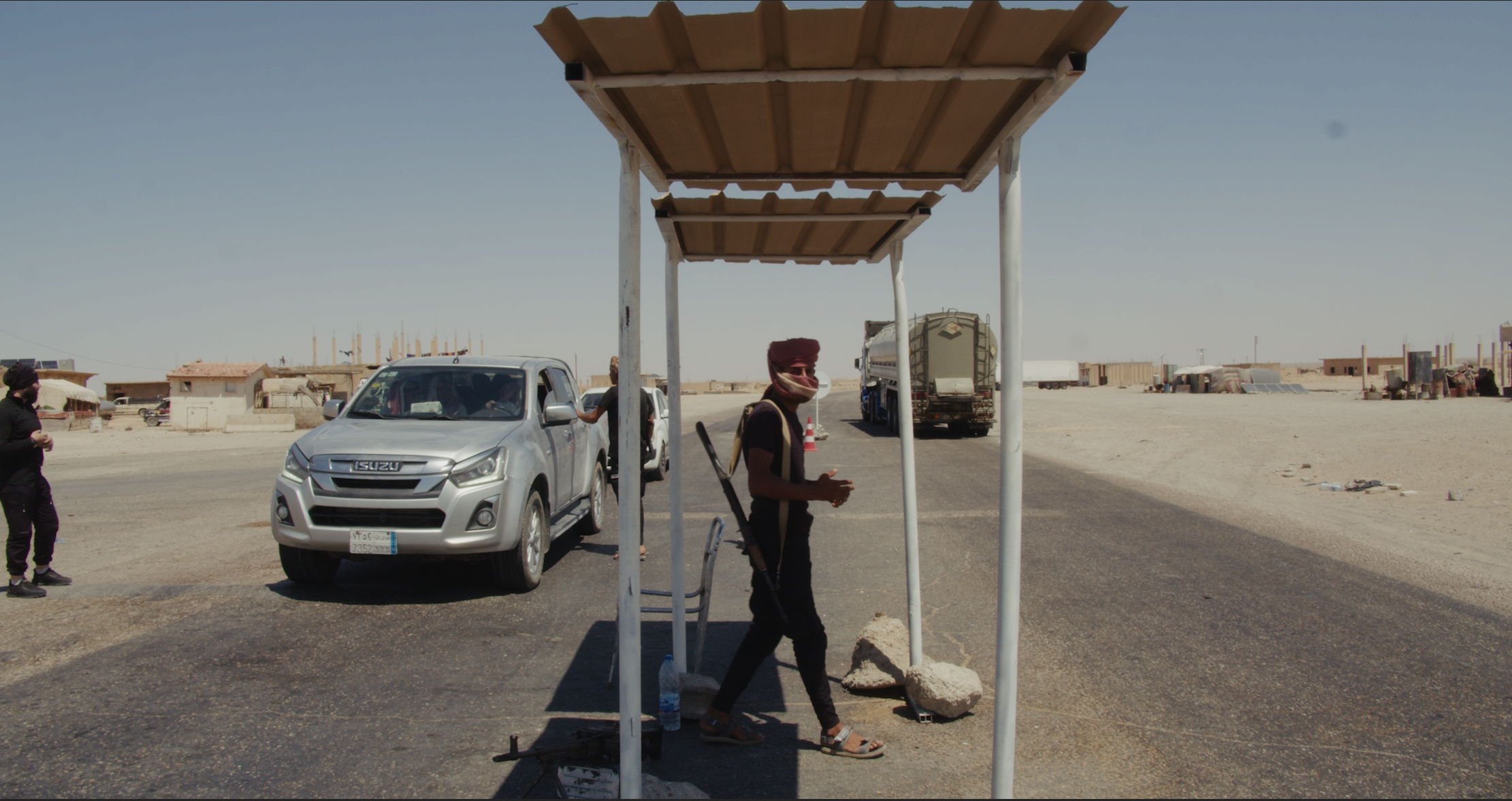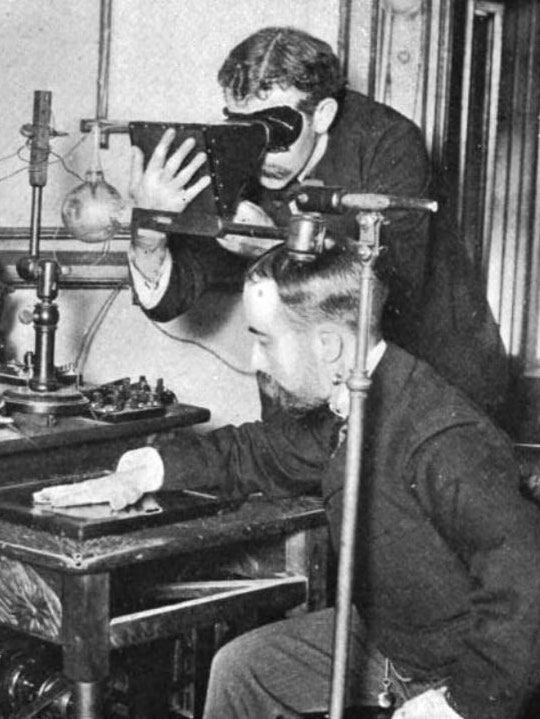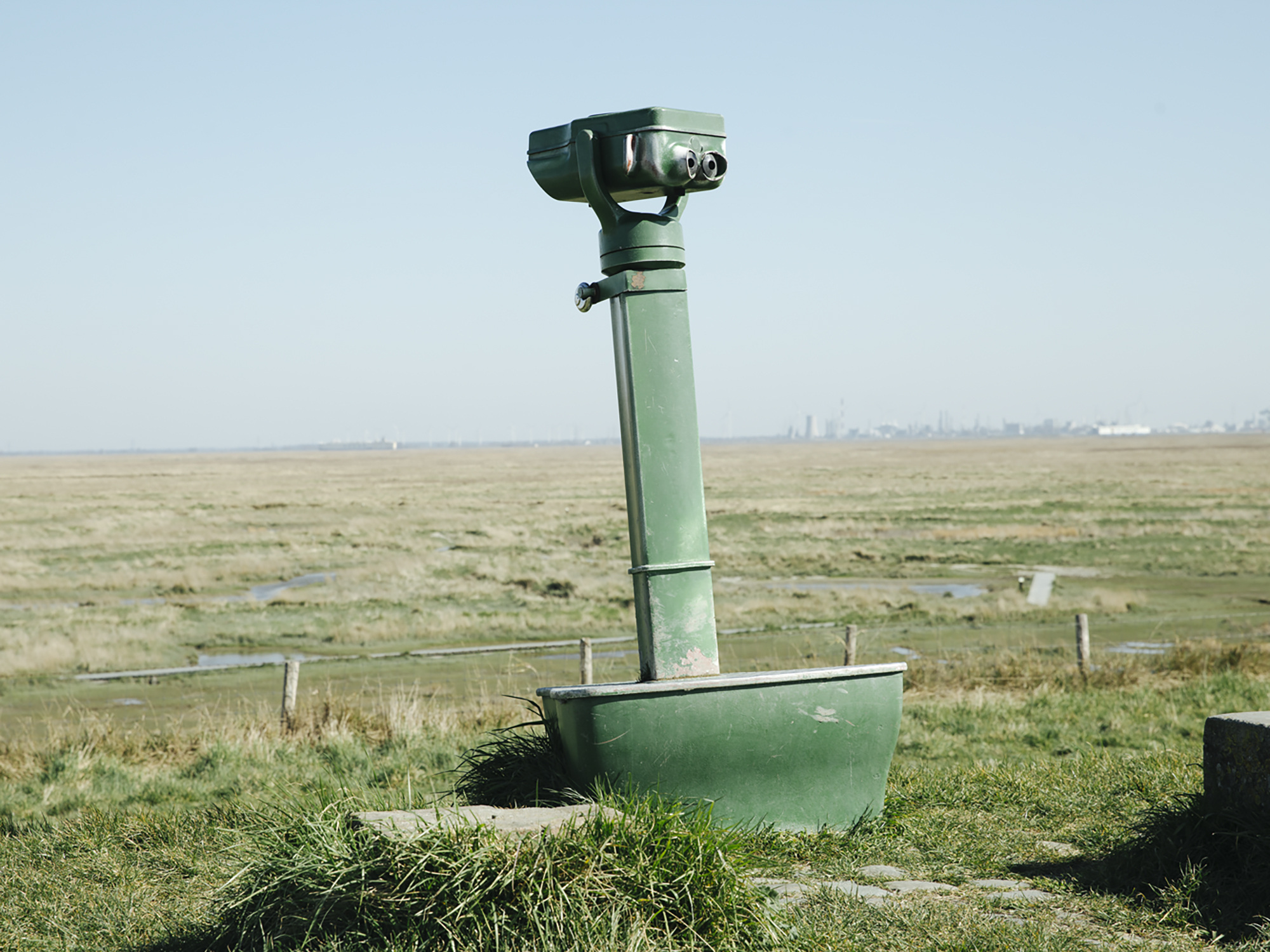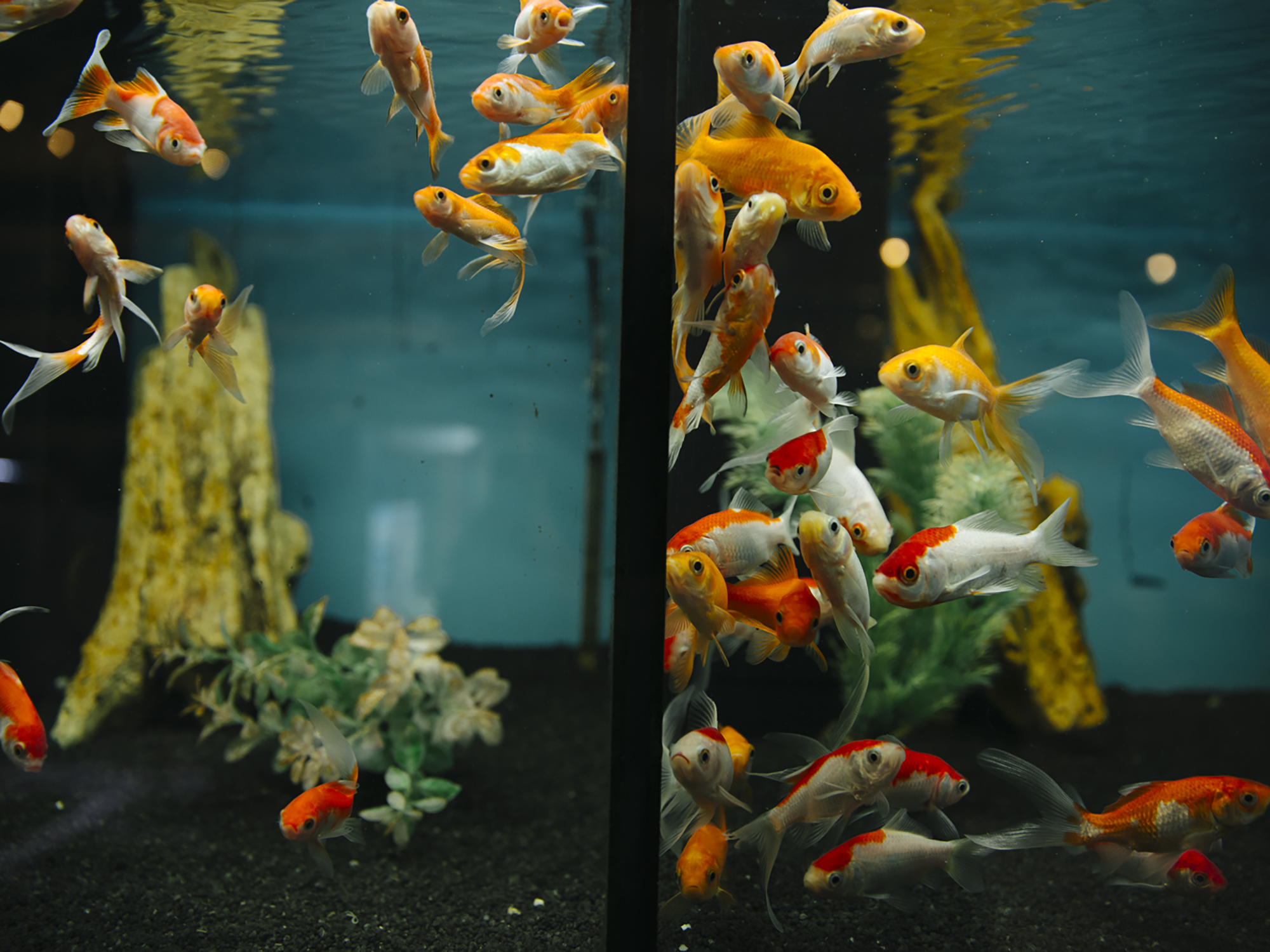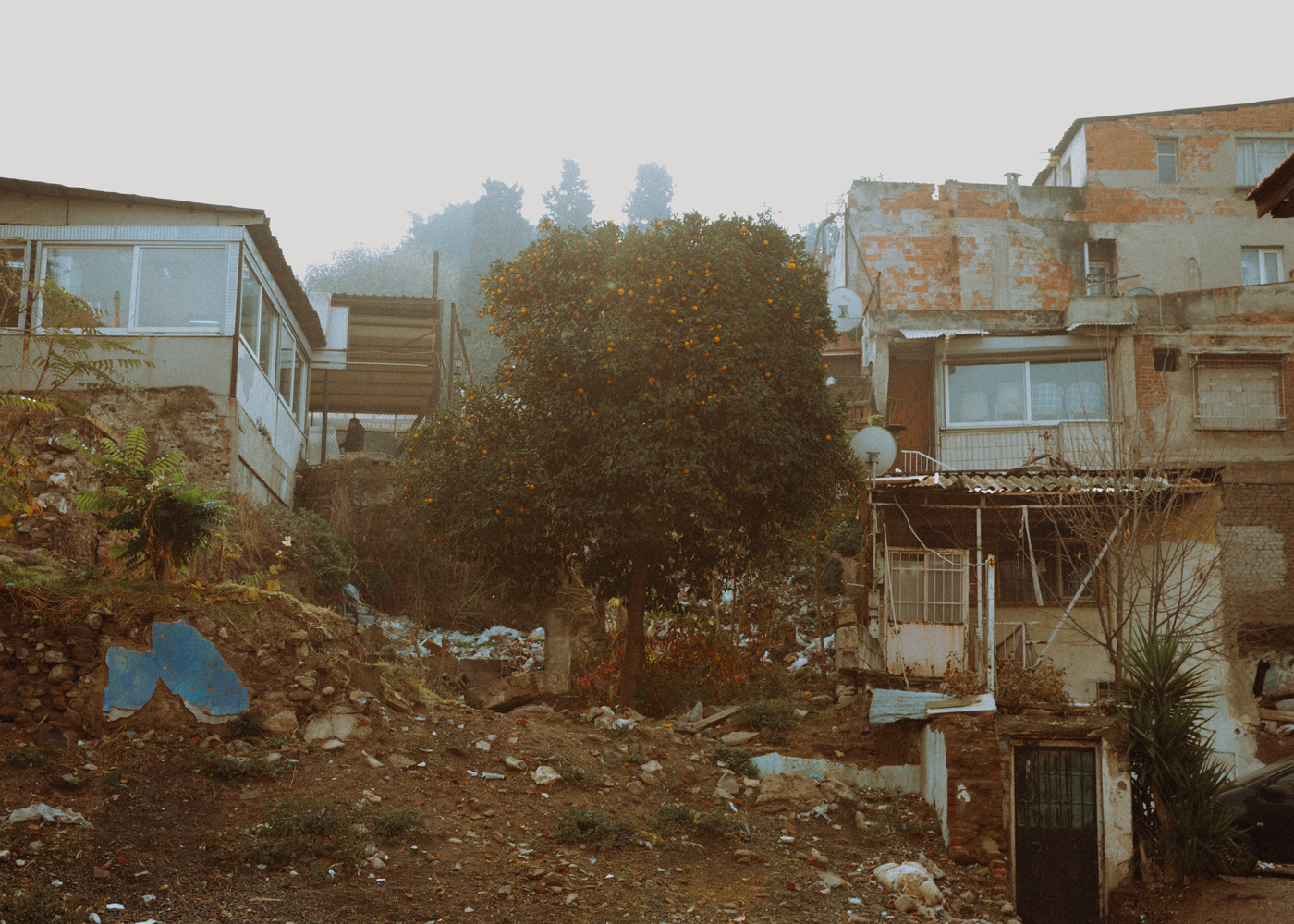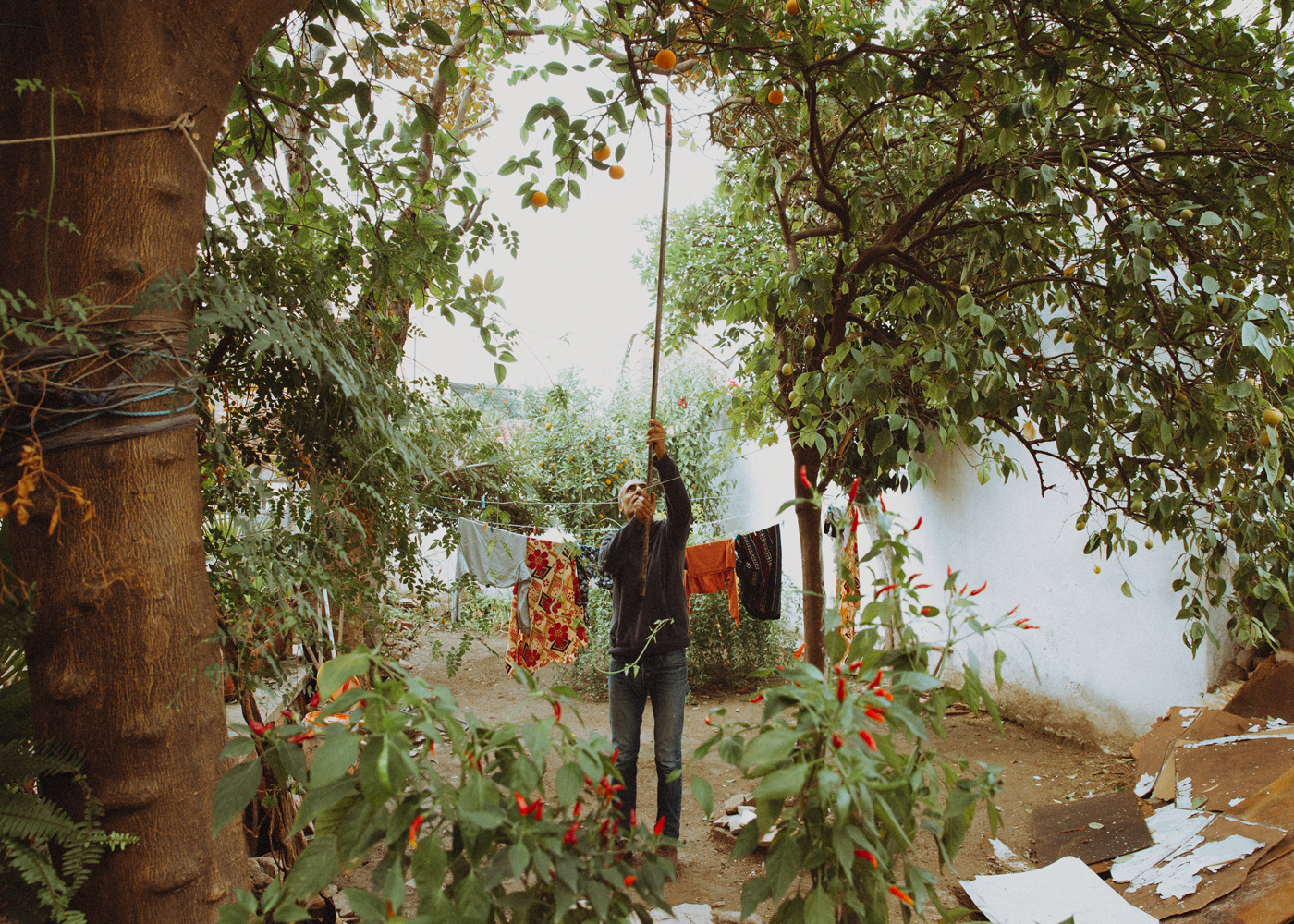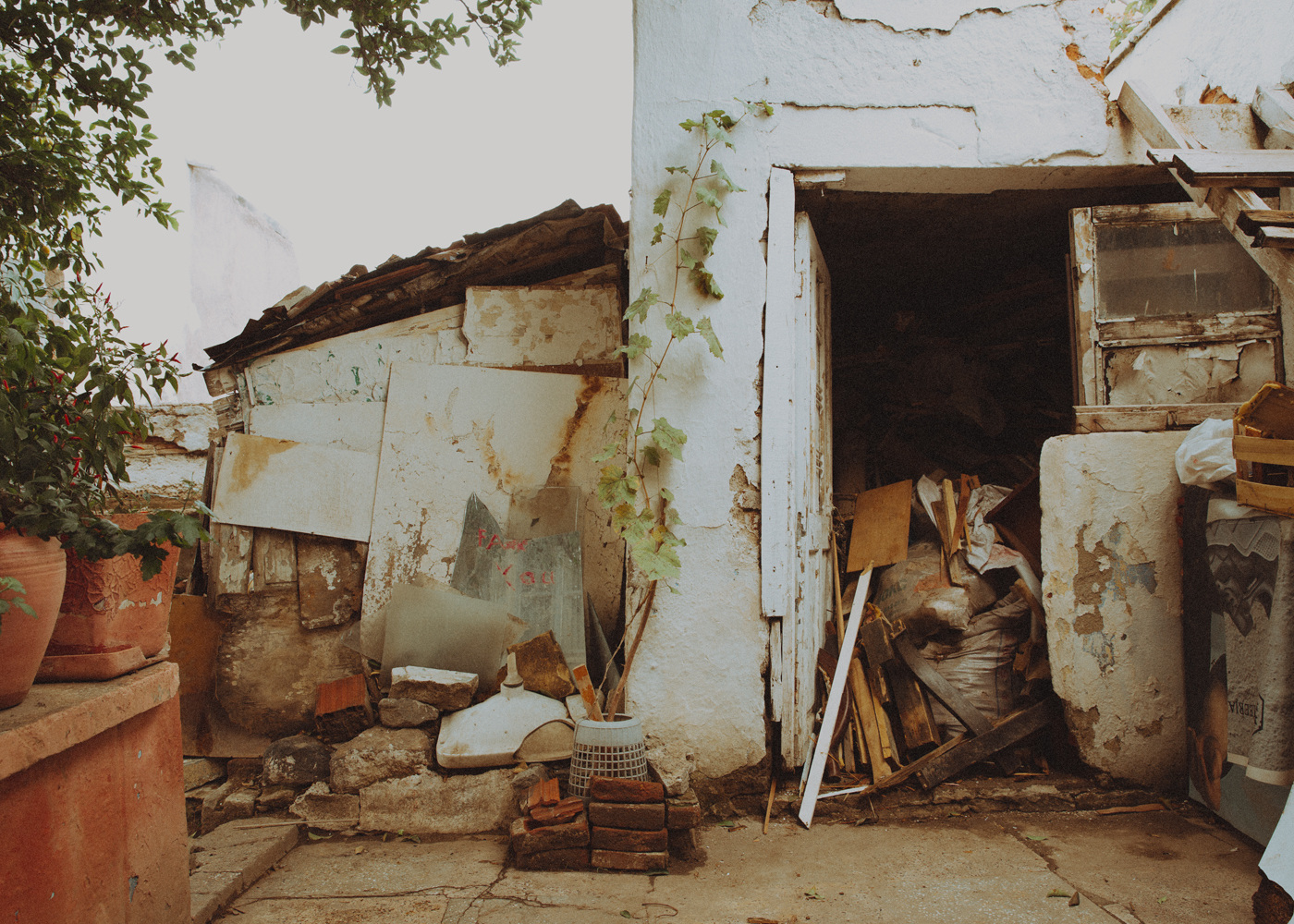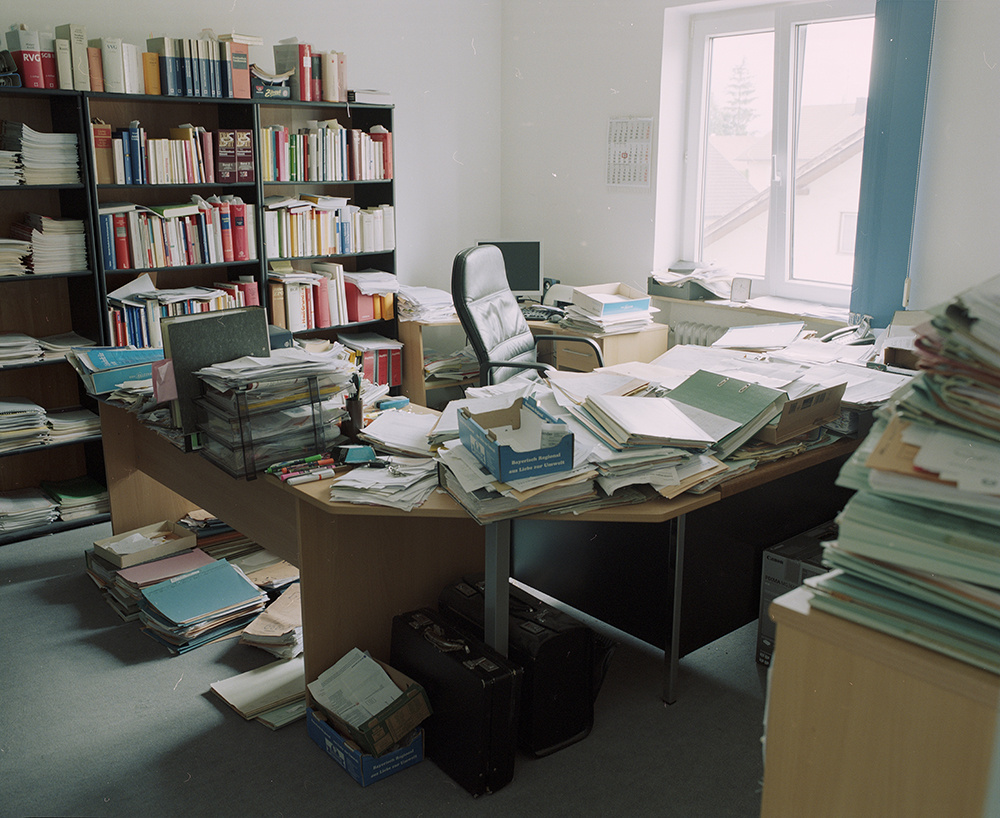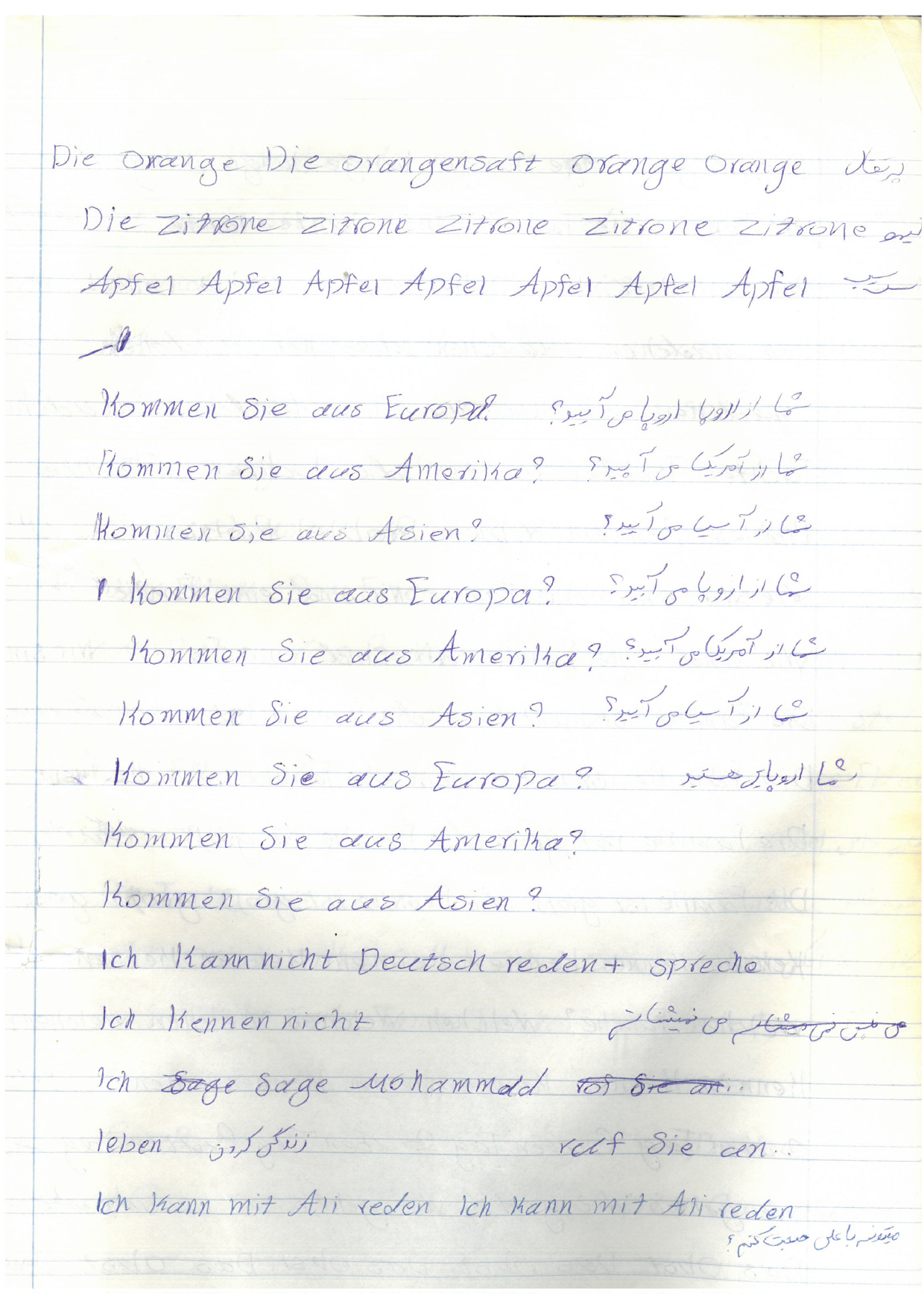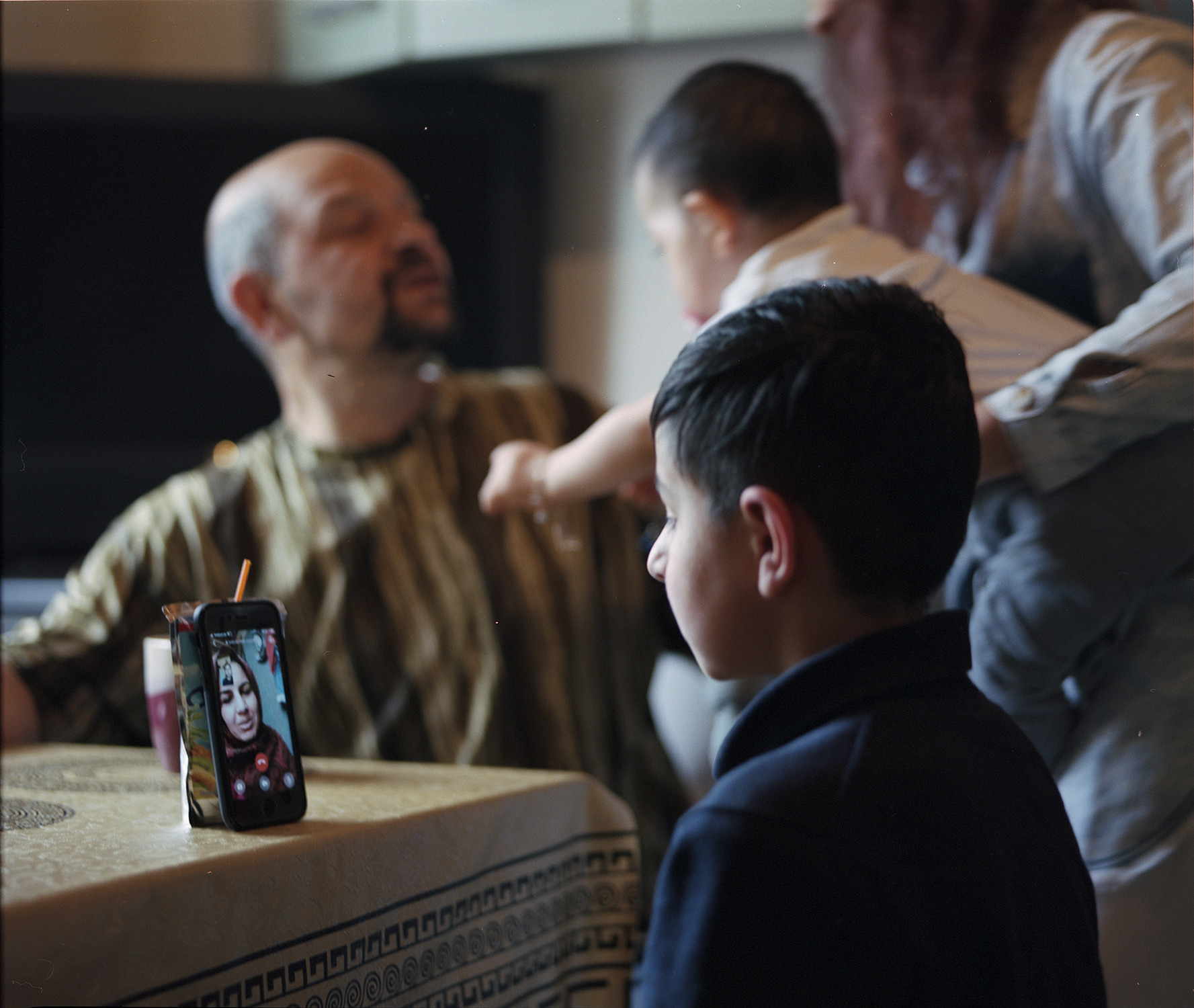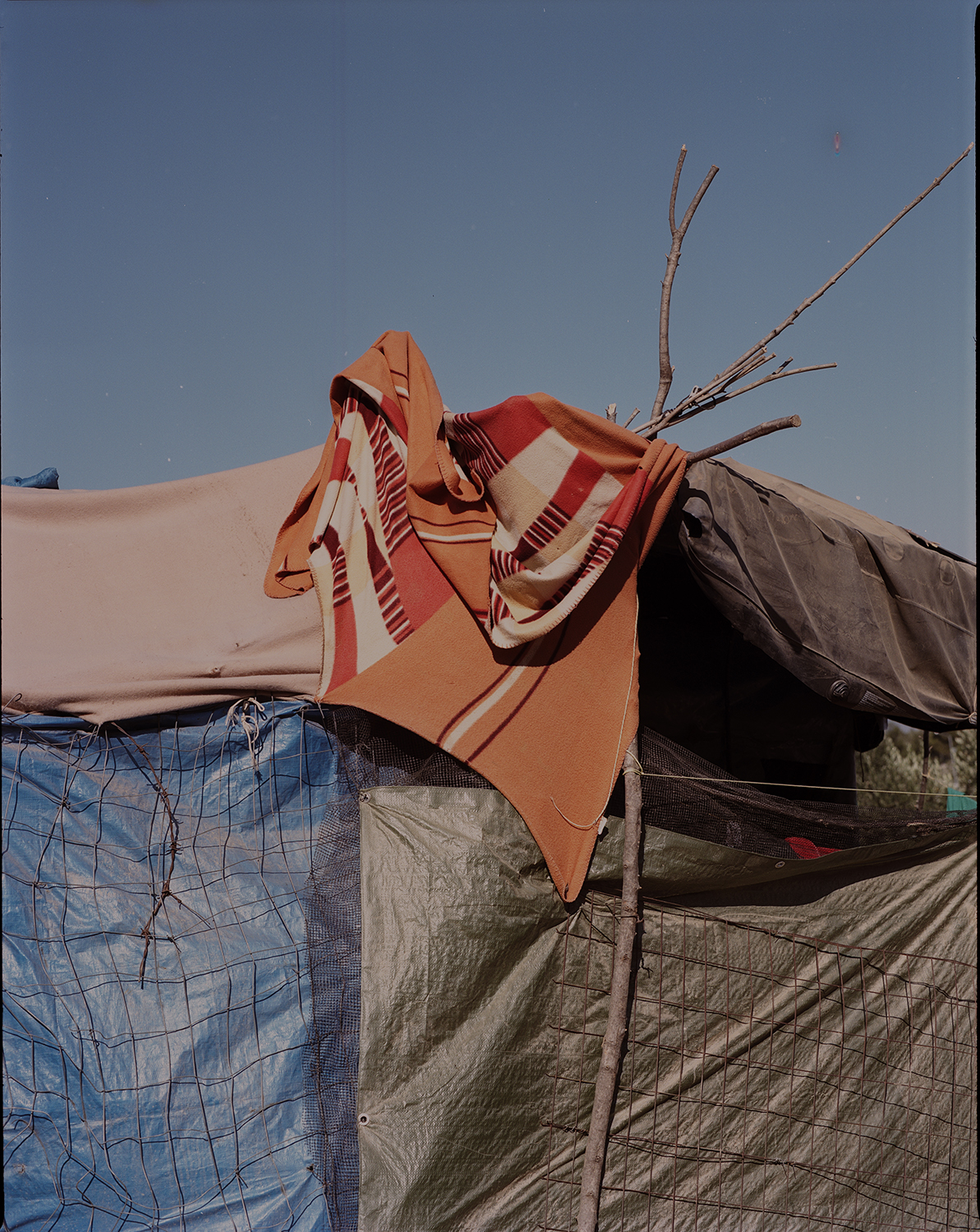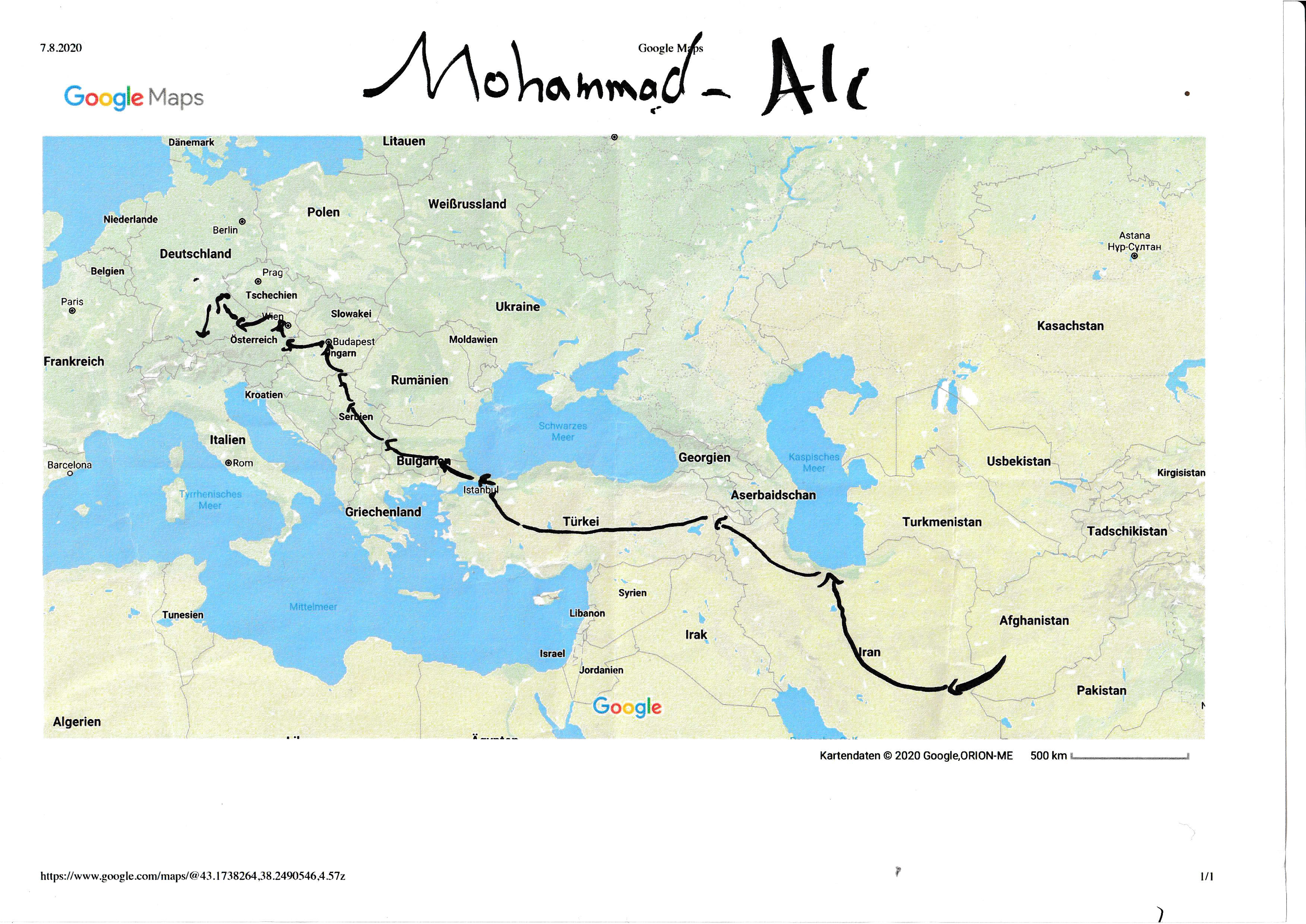“Return to Paradise” follows the journey of Mahmoud, a young Syrian who, after ten years of displacement, decides to return to his hometown Deir-ez-Zor to rebuild his life from the ruins. Shot between Europe, Jordan, and Syria, the film explores what it means to return — not only to a place, but to oneself. It weaves intimate observation with the political realities of war, exile, and reconstruction.
The camera becomes a companion in this search for belonging and dignity amid the contradictions of a broken world. Ultimately, Return to Paradise is a meditation on resilience, friendship, and the human longing for home.
>> watch trailer >>
>> watch trailer >>
The Gut Knowing – Transformation Without a Blueprint explores how physical wellbeing and societal structures are intertwined. The project began with a personal gut condition diagnosed as chronic, which forced me to question how Western ideas of control, visibility and acceleration shape not only our understanding of the body but also my own photographic practice. Through photographs, diary writing, family archives, theoretical texts and video, I developed a form of artistic self-inquiry that traced how mechanistic worldviews influence systems such as healthcare, education and asylum — and how these logics appear within photographic encounters themselves.
The work culminated in an installation where a video essay and a wall of interconnected notes visualised the process of reconstructing meaning. A related photography workshop with a refugee welcome class translated these insights into a collective space, using photography as dialogue rather than extraction. The project ultimately proposes that healing and understanding emerge when we approach bodies and societies as interconnected, relational and constantly in becoming.
In the story of separation, we live in, nature had to be turned into dead goods, into an object to dominate it. At the same time in modern western societies everything we can count and measure has a higher reality status. What we feel has been devalued as pure subjectivity.
But maybe deep inside of us we can feel our interdependencies. That’s why we often bury our violent acts against other
But maybe deep inside of us we can feel our interdependencies. That’s why we often bury our violent acts against other
beings and everything connected to it in the dark.
We don’t want to feel the pain. Isn’t this pain an indicator, just like all of our feeling are, for a connection? Can we find a way to listen to them as an act of change?
My images illustrate a research on the dialectic of the separation and fascination for
other life on this planet.
We don’t want to feel the pain. Isn’t this pain an indicator, just like all of our feeling are, for a connection? Can we find a way to listen to them as an act of change?
My images illustrate a research on the dialectic of the separation and fascination for
other life on this planet.
>> continue to project >>
2020-2021
A family has to flee Afghanistan and is subjected to the complicated asylum procedure in the EU. After five five years living in Germany with his son father Mohammad achieves a ban on deportation. This is needed to try to get his wife and the second son to live with him. With this he tries to get his wife and the second son to live with him. When he travels to Iran to get the marriage certificate required for
this, he loses his passport. At the Afghan embassy he is told that it can take up to six months to get a new passport. But since he has to go back to his son in Germany, in the end he has no other option than to make it a second time across the Mediterranean to Europe with his family. They end up in the Moria camp on Lesbos...
>> continue reading >>